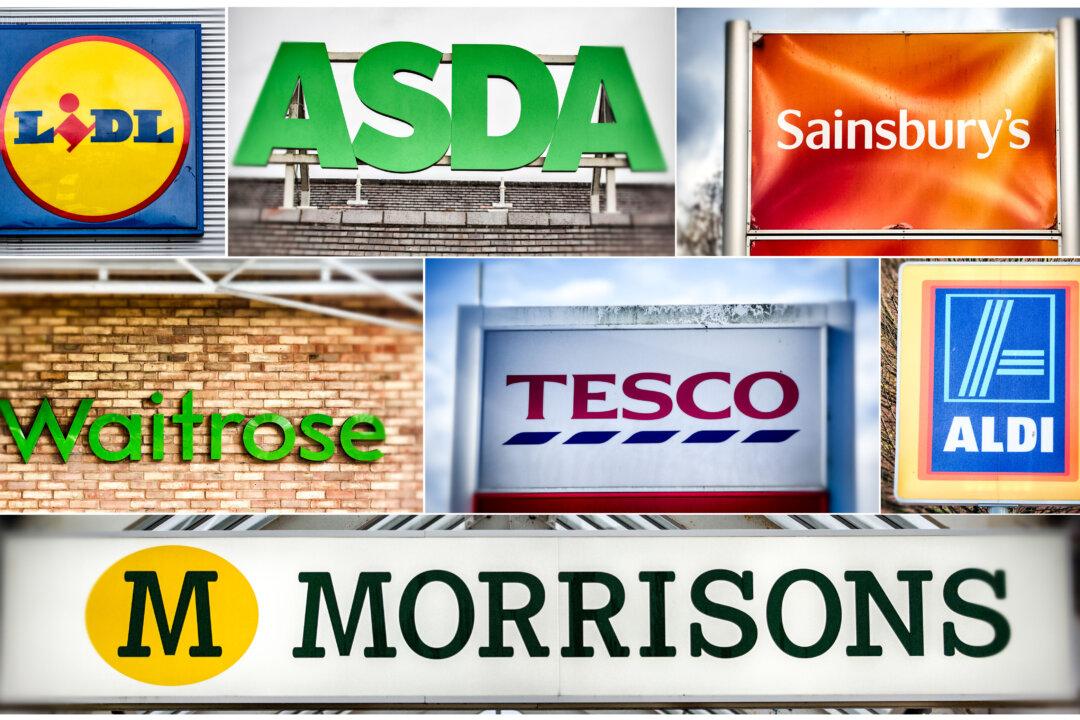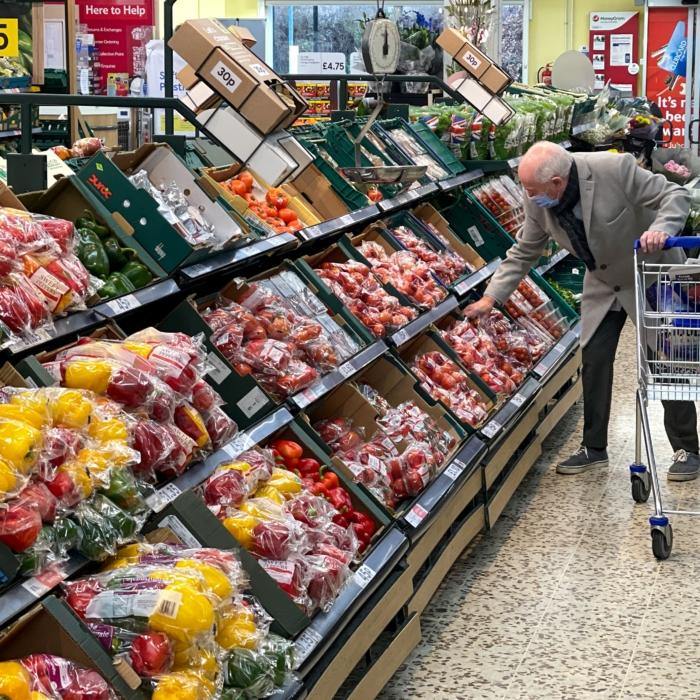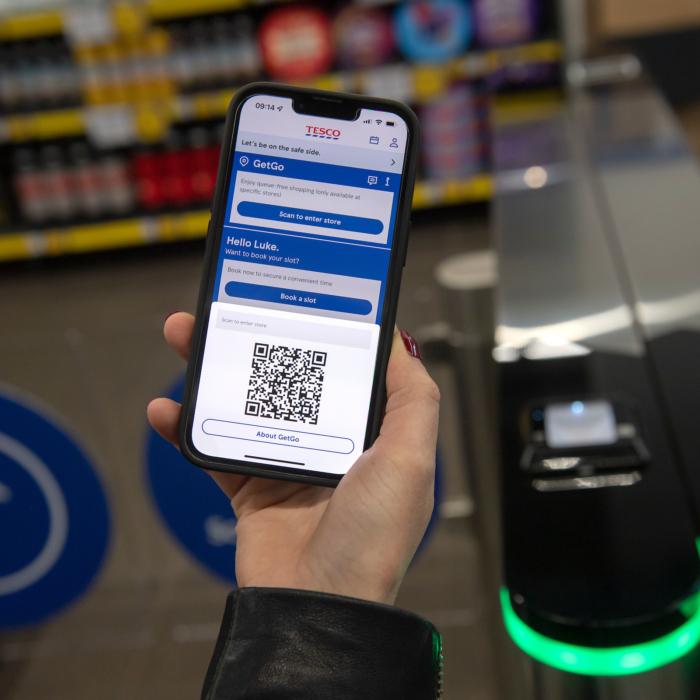The UK’s Competition and Markets Authority (CMA) has confirmed that supermarket loyalty schemes do provide “genuine savings” for customers, amid concerns raised by campaigners about data privacy.
The CMA has reviewed 50,000 grocery products offered under loyalty promotions across major retailers, including Tesco, Sainsbury’s, Waitrose, Co-op, and Morrisons. The watchdog said on Wednesday, that 92 percent offered genuine savings against the usual price.
While 55 percent of consumers think “usual” prices are upped to make loyalty deals more lucrative, the CMA said it found “little evidence” of this practice.
The CMA’s Interim Executive Director of Consumer Protection George Lusty acknowledged that many people don’t trust loyalty card prices, which led the regulator to “get to the bottom” of the issue.
“After analysing tens of thousands of products, we found that almost all the loyalty prices reviewed offered genuine savings against the usual price—a fact we hope reassures shoppers throughout the UK.
“While these discounts are legitimate, our review has shown that loyalty prices aren’t always the cheapest option, so shopping around is still key. By checking a few shops, you can continue to stretch your hard-earned cash,” he said.
The CMA research revealed that when shopping at Tesco, Sainsbury’s, Waitrose, Co-op, and Morrisons and using loyalty schemes, consumers make an average saving of 17–25 percent.
Data Privacy Concerns
Consumers expressed concerns about how their personal data is used, but only 7 percent said this stopped them from signing up for a loyalty card.Commenting on the ethics of loyalty cards and data collection, a researcher at Ethical Consumer, Jasmine Owens told the Epoch Times: “Of course loyalty prices offer savings. The problem is that they require us to share personal data with companies, and if we don’t want to do that then we’re made to pay more.”
“Customers who get a cheaper bill at checkout because they use a loyalty card have paid for that with their personal details—they'll now get targeted ads from retailers, and third parties they sell their data to.
“Customers who want to maintain their privacy have to stomach paying more for the exact same products. It’s a lose-lose situation, except for the retailers who use your data to sell you more things and make yet more money by selling it to third parties.”
According to CMA, its wide-ranging review showed no evidence of consumer law concerns in the way supermarkets collect and use people’s data when they sign up to a loyalty scheme.
Data collected by supermarkets is subject to the Data Protection Act 2018, which is the UK’s implementation of the General Data Protection Regulation (GDPR). Retailers therefore must use the data “fairly, lawfully and transparently,” and outline their terms and conditions at the point where consumers sign up for loyalty schemes.
It warned that while personal data may be used to tailor offers on items often bought by consumers, it could also be used to manipulate buying habits and be sold to third parties.
The CMA said that supermarkets could do more to make their loyalty schemes accessible to more consumers, including those without smart phones or under the age of 18. The regulator recommended introducing offline, instore and over-the-phone sign-ups.
The end of deflation could mean higher supermarket bills for consumers, which could in turn lead to many more signing up for loyalty schemes.







